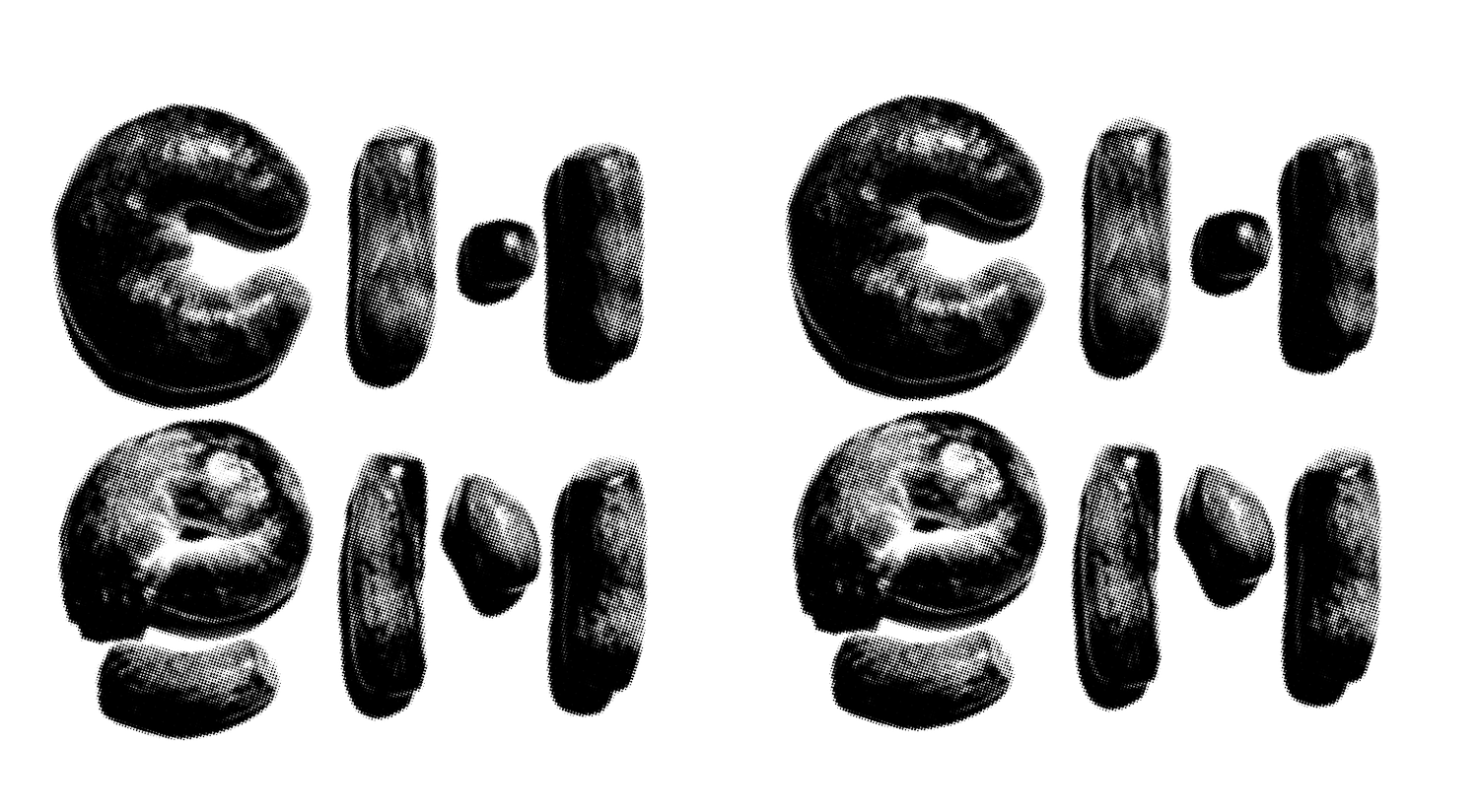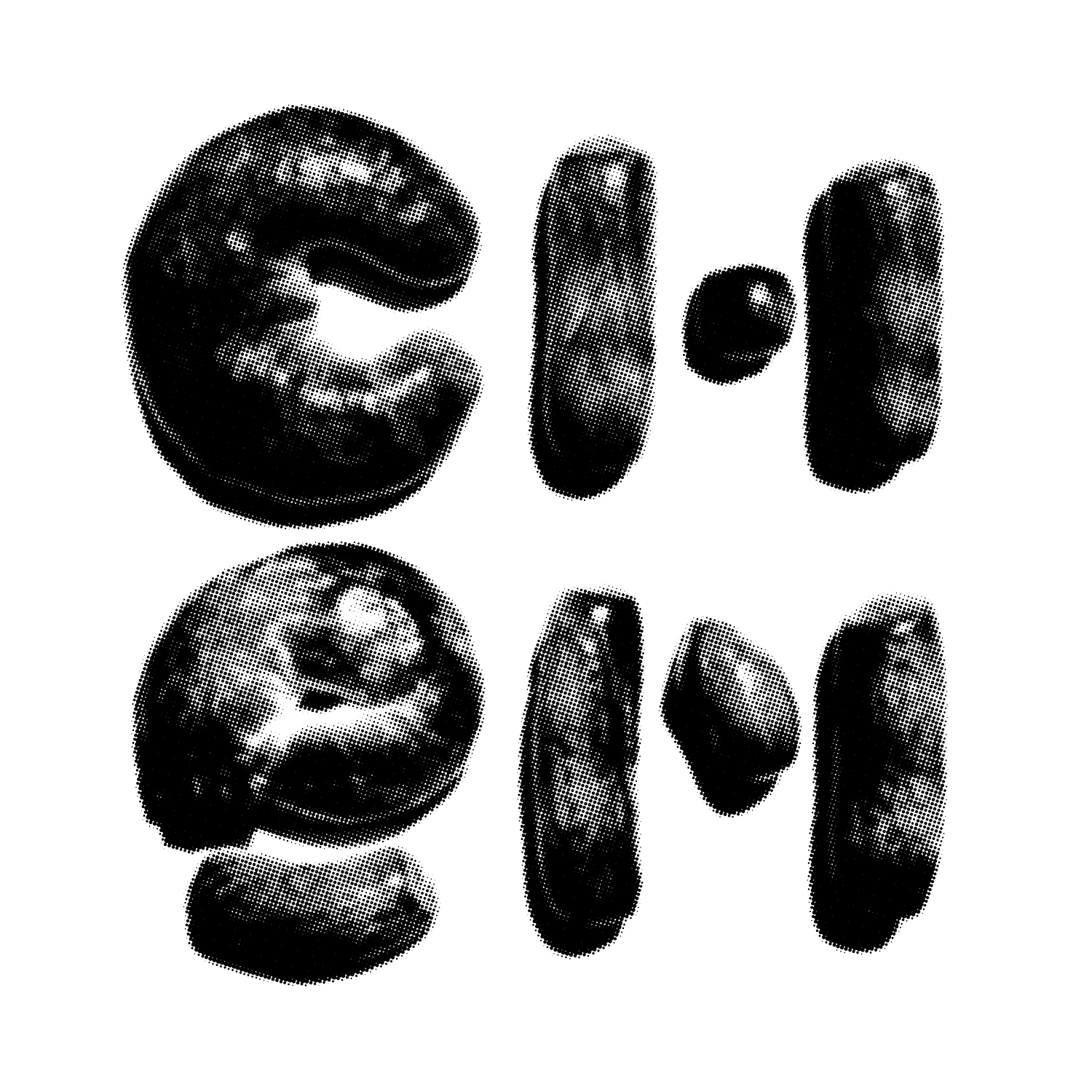 Image 1 of 19
Image 1 of 19

 Image 2 of 19
Image 2 of 19

 Image 3 of 19
Image 3 of 19

 Image 4 of 19
Image 4 of 19

 Image 5 of 19
Image 5 of 19

 Image 6 of 19
Image 6 of 19

 Image 7 of 19
Image 7 of 19

 Image 8 of 19
Image 8 of 19

 Image 9 of 19
Image 9 of 19

 Image 10 of 19
Image 10 of 19

 Image 11 of 19
Image 11 of 19

 Image 12 of 19
Image 12 of 19

 Image 13 of 19
Image 13 of 19

 Image 14 of 19
Image 14 of 19

 Image 15 of 19
Image 15 of 19

 Image 16 of 19
Image 16 of 19

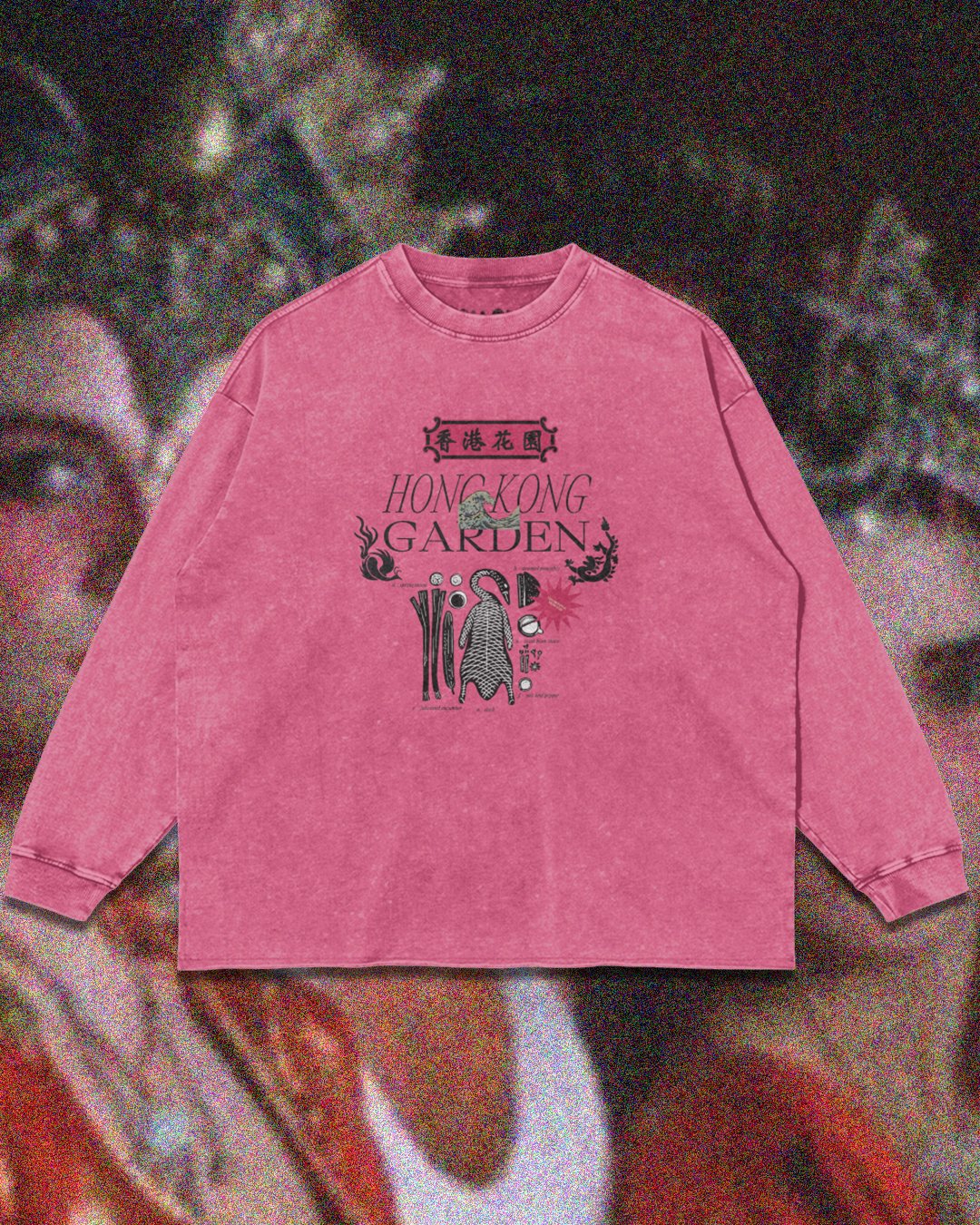 Image 17 of 19
Image 17 of 19

 Image 18 of 19
Image 18 of 19

 Image 19 of 19
Image 19 of 19




















Hong Kong Garden 香港花園
Designed as a staple piece for casual settings, this cozy long-sleeve tee is a solid option to complement various bottoms and outerwear. The distinctive vintage color tones and the raw hem design deliver a retro street feel that reflects your sense of style.
- Crew neck
- Drop shoulders
- Raw hem
- Loose fit
- Washed effect
- 100% combed cotton
- Pre-shrunk
- Washed and easy to fade
- Fabric weight: 260g/m²
- Side-seamed construction
- Binding taped neck and shoulders
- Double-stitched ribbed collar and cuffs
- Raw edge hem
Wash on the reverse side with neutral detergents. Do not soak, expose to the sun, and bleach. Iron, steam, or tumble dry at low temperature(max 30℃ or 90℉).
Designed as a staple piece for casual settings, this cozy long-sleeve tee is a solid option to complement various bottoms and outerwear. The distinctive vintage color tones and the raw hem design deliver a retro street feel that reflects your sense of style.
- Crew neck
- Drop shoulders
- Raw hem
- Loose fit
- Washed effect
- 100% combed cotton
- Pre-shrunk
- Washed and easy to fade
- Fabric weight: 260g/m²
- Side-seamed construction
- Binding taped neck and shoulders
- Double-stitched ribbed collar and cuffs
- Raw edge hem
Wash on the reverse side with neutral detergents. Do not soak, expose to the sun, and bleach. Iron, steam, or tumble dry at low temperature(max 30℃ or 90℉).
Designed as a staple piece for casual settings, this cozy long-sleeve tee is a solid option to complement various bottoms and outerwear. The distinctive vintage color tones and the raw hem design deliver a retro street feel that reflects your sense of style.
- Crew neck
- Drop shoulders
- Raw hem
- Loose fit
- Washed effect
- 100% combed cotton
- Pre-shrunk
- Washed and easy to fade
- Fabric weight: 260g/m²
- Side-seamed construction
- Binding taped neck and shoulders
- Double-stitched ribbed collar and cuffs
- Raw edge hem
Wash on the reverse side with neutral detergents. Do not soak, expose to the sun, and bleach. Iron, steam, or tumble dry at low temperature(max 30℃ or 90℉).
Points of Reference
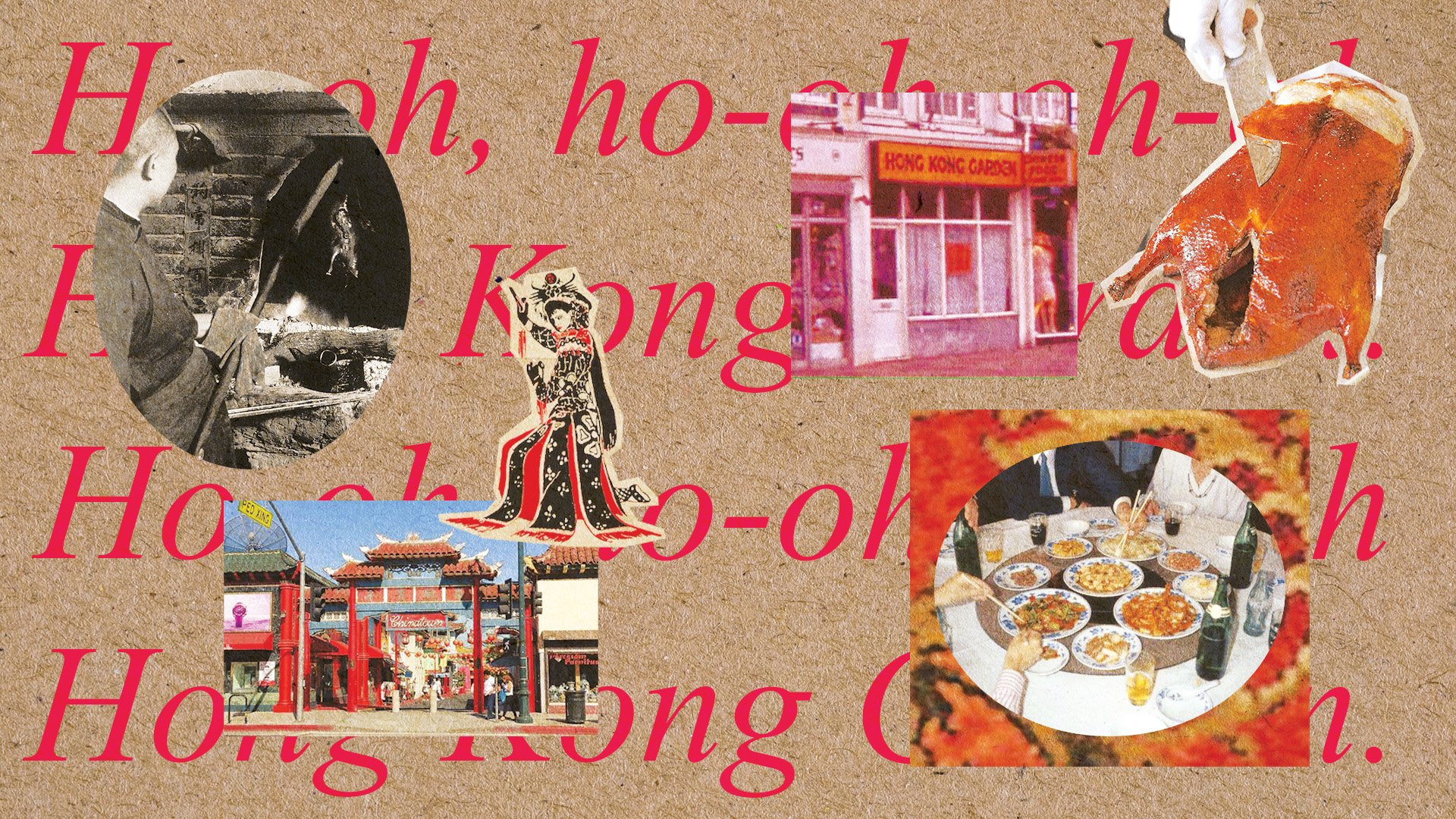

Big Trouble in Little China (also known as John Carpenter's Big Trouble in Little China) is a 1986 American fantasy action-comedy film co-scored and directed by John Carpenter, and starring Kurt Russell, Kim Cattrall, Dennis Dun and James Hong. The film tells the story of truck driver Jack Burton (Russell), who helps his friend Wang Chi (Dun) rescue Wang's green-eyed fiancée from bandits in San Francisco's Chinatown. They go into the mysterious underworld beneath Chinatown, where they face an ancient sorcerer named David Lo Pan (Hong), who requires a woman with green eyes to marry him in order to be released from a centuries-old curse.

Wang Gongxin, Dinner Table, 2006, still from video
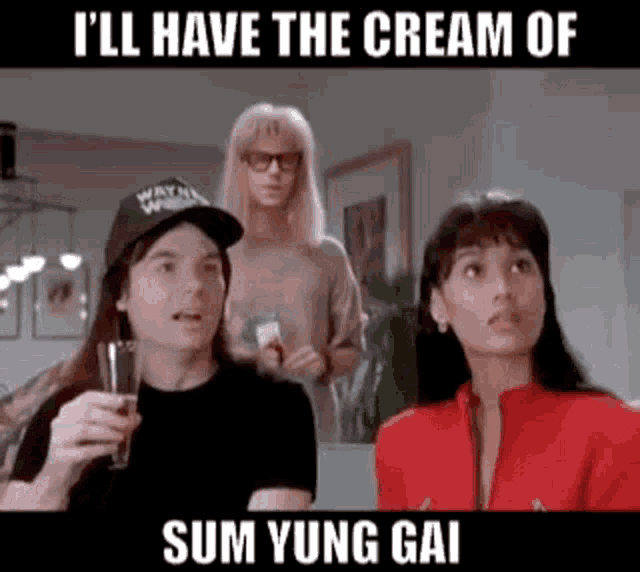
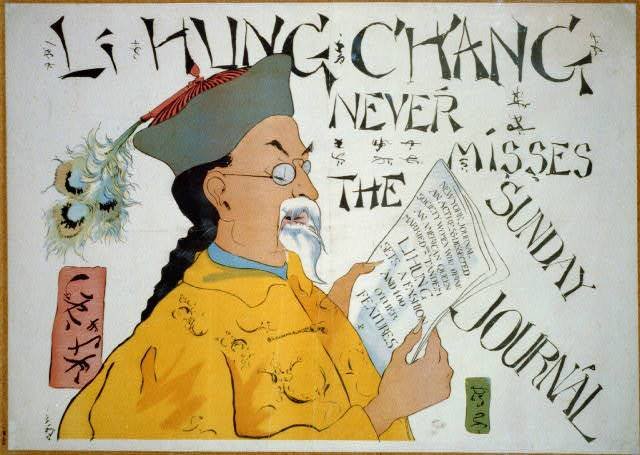
Rogers, W.A. "The Strangest of Infatuations," 1918. Prints and Photographs Division, Library of Congress.

The Joy Luck Club 喜福會 is a 1993 American drama film about the relationships between Chinese-American women and their Chinese immigrant mothers.
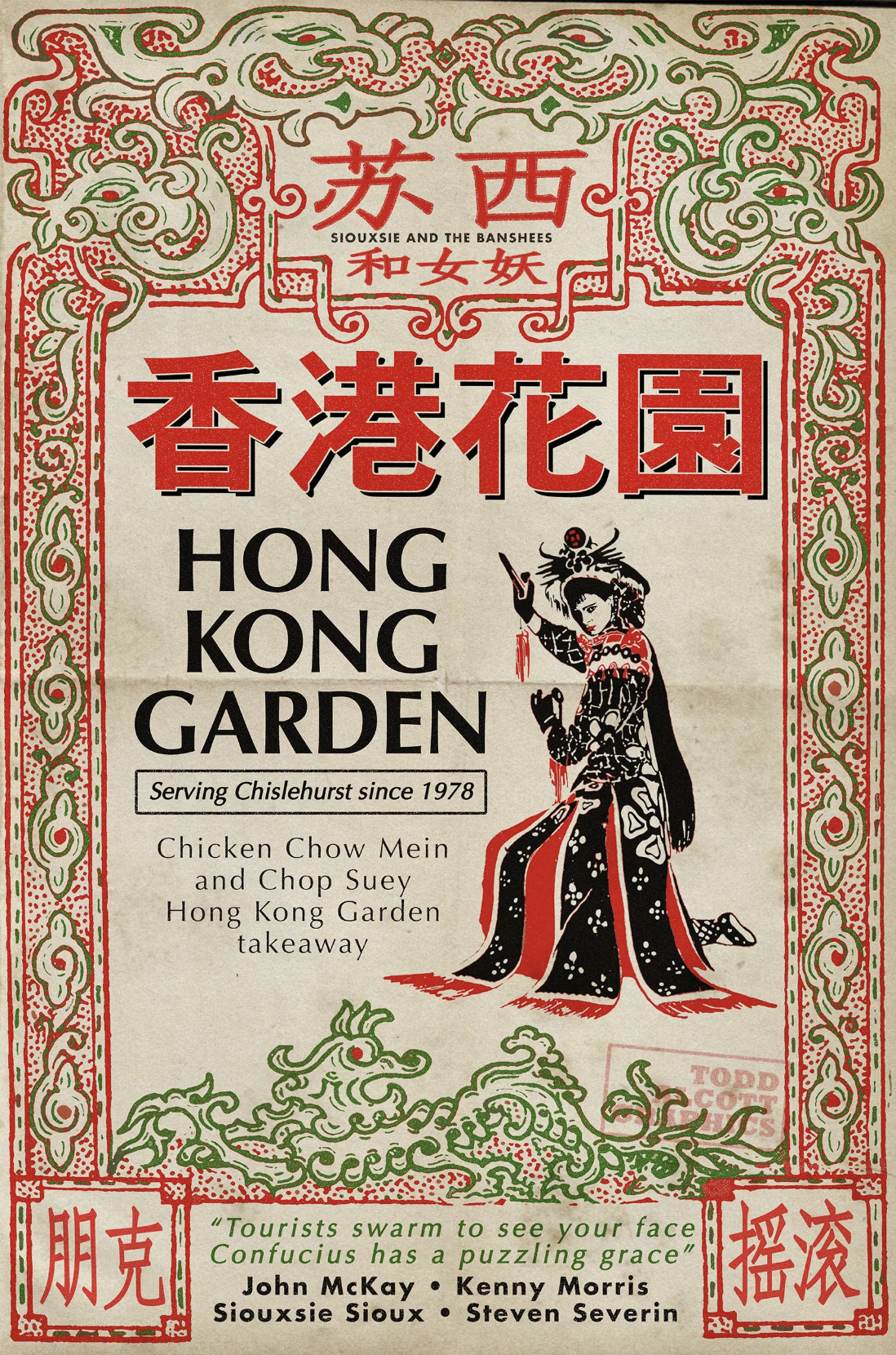
“HARMFUL ELEMENTS IN THE AIR, SYMBOLS CLASHING EVERYWHERE”
"Hong Kong Garden" is the debut single of English rock band Siouxsie and the Banshees.
The song was named after the Hong Kong Garden Chinese take-away in Chislehurst High Street. In a 2009 interview, Siouxsie Sioux was quoted as explaining the lyrics with reference to the racist activities of skinheads visiting the take-away:
I'll never forget, there was a Chinese restaurant in Chislehurst called the Hong Kong Garden. Me and my friend were really upset that we used to go there and like, occasionally when the skinheads would turn up it would really turn really ugly. These gits would just go in en masse and just terrorise these Chinese people who were working there. We'd try and say 'Leave them alone', you know. It was a kind of tribute.
She also stated:
I remember wishing that I could be like Emma Peel from The Avengers and kick all the skinheads' heads in, because they used to mercilessly torment these people for being foreigners. It made me feel so helpless, hopeless and ill.


Chinatown banquet
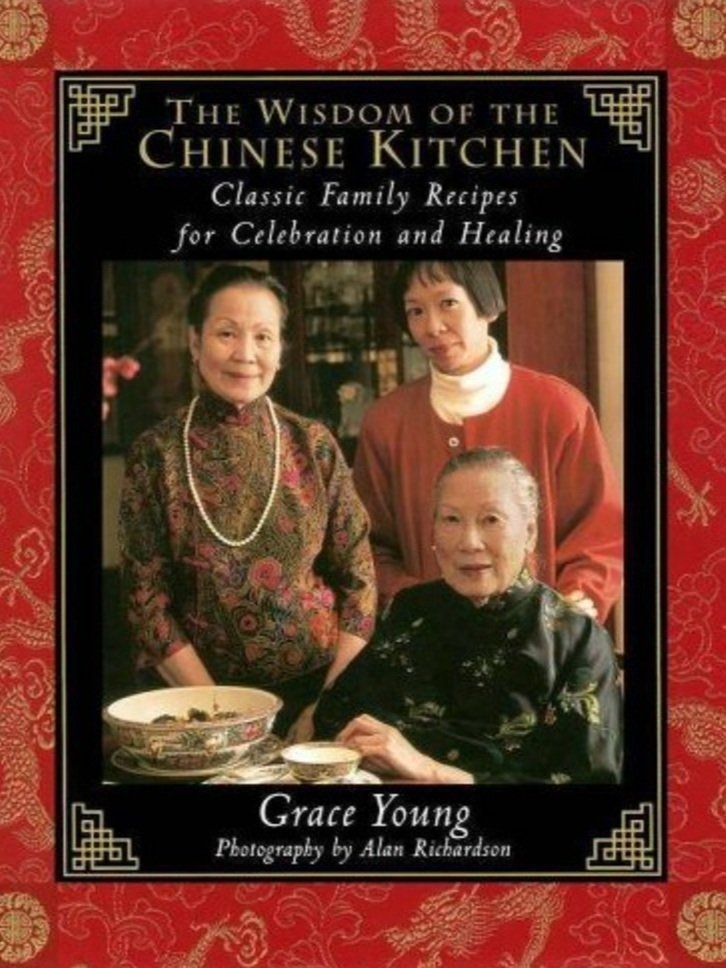
The Wisdom of the Chinese Kitchen, with its 150 recipes culled from a lifetime of family meals and culinary instruction, is much more than a cookbook.
The Wisdom of the Chinese Kitchen is a daughter's tribute—a collection of personal memories of the philosophy and superstitions behind culinary traditions that have been passed down through her Cantonese family, in which each ingredient has its own singular importance, the preparation of a meal is part of the joy of life, and the proper creation of a dish can have a favorable influence on health and good fortune. Each chapter begins with its own engaging story, offering insight into the Chinese beliefs that surround life-enhancing and spiritually calming meals. In addition, personal family photographs illustrate these stories and capture the spirit of China before the Revolution, when Young's family lived in Canton, Shanghai, and Hong Kong.
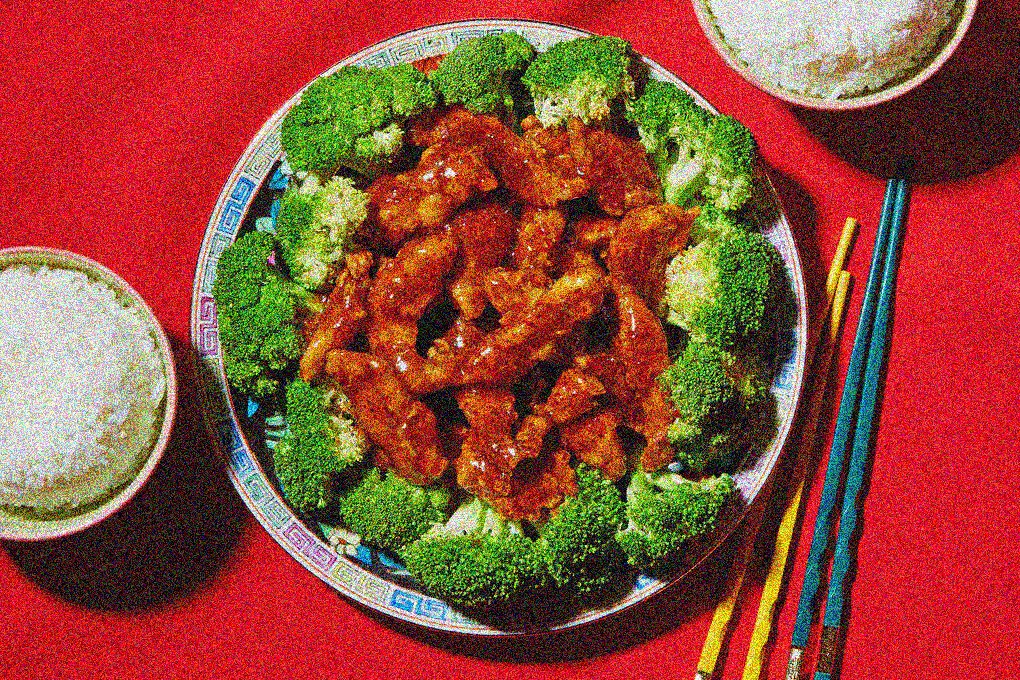
General Tso's chicken was created by Chef Peng Chang-kuei, who was born in China's Hunan Province when it was still controlled by the Nationalist government. After World War II, fighting between China's communists and Nationalists resumed. In 1949, the Nationalists were forced to flee the mainland, and found themselves on the island of Formosa, today known as Taiwan. Peng fled along with them.
At first, the United States didn't recognize the need to intervene in Chinese affairs, but communist aggression in the Korean War changed all that. President Harry Truman put Taiwan under American protection in 1950. The People's Republic of China, steamed that the Nationalist government could continue existing so close to the mainland, began shelling and invading offshore islands in 1954.
Now called the First Taiwan Strait Crisis, the two sides nearly went to war over the protection of the Republic of China, Taiwan's official name. Between September 1954 and May 1955, the crisis nearly boiled over into nuclear war. In 1955, Adm. Arthur W. Radford, chairman of the U.S. Joint Chiefs of Staff, visited Taiwan. Peng was then an official chef for the island nation's government and created the recipe for the admiral's state banquet.Peng named the chicken after the Hunanese Qing Dynasty General Tso Tsung-t'ang (now transliterated as Zuo Zongtang). The future general began his military career fighting for the Qing in the Taiping Rebellion, a 14-year civil war waged by the Han Chinese against the Qing emperor. It remains the bloodiest civil war in history, with 20 million dead.
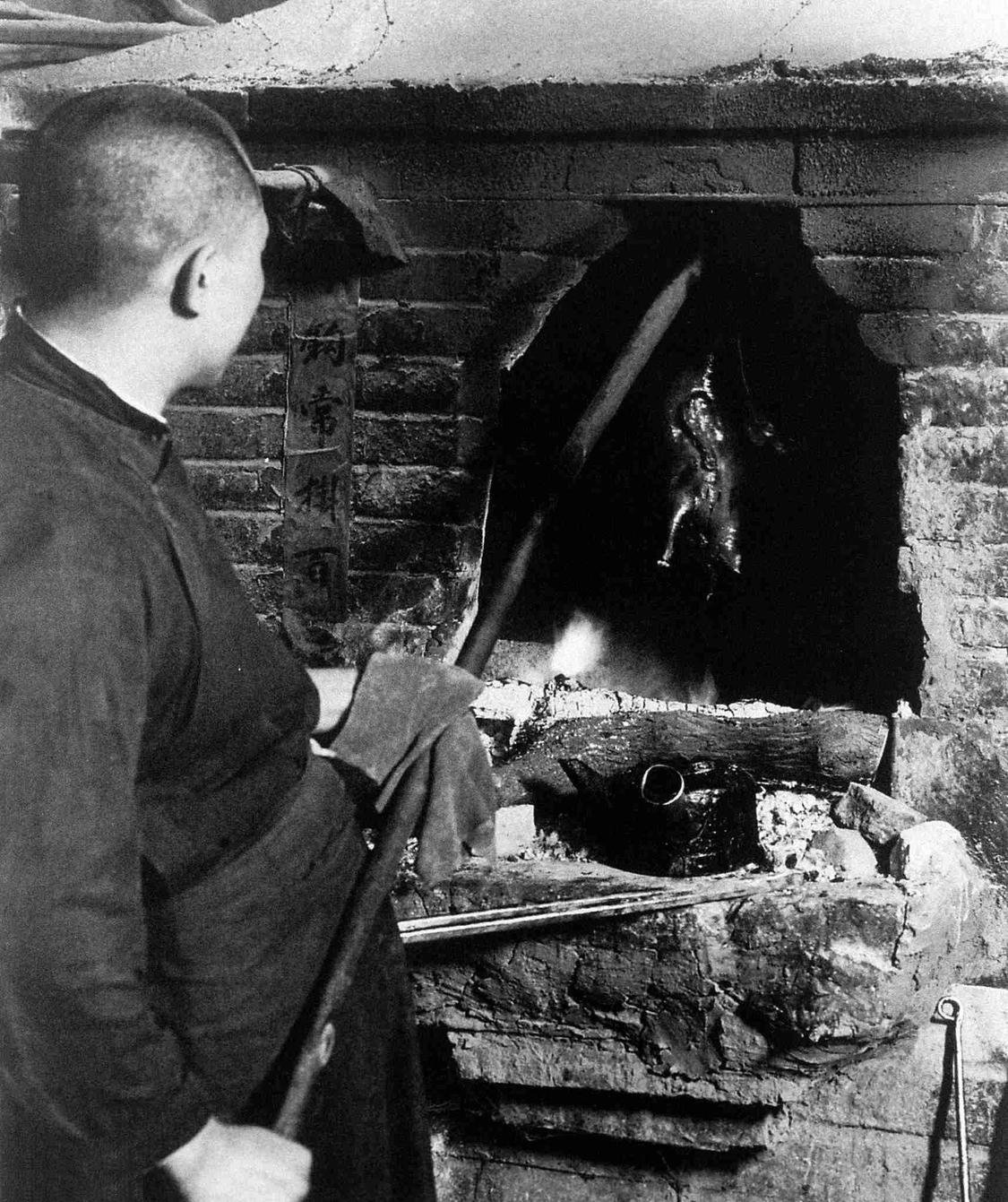
Peking duck 北京烤鴨 is a dish from Beijing that has been prepared since the Imperial era. The meat is characterized by its thin, crispy skin, with authentic versions of the dish serving mostly the skin and little meat, sliced in front of the diners by the cook. Ducks bred especially for the dish are slaughtered after 65 days and seasoned before being roasted in a closed or hung oven. The meat is often eaten with spring onion, cucumber and sweet bean sauce with pancakes rolled around the fillings. Sometimes pickled radish is also inside. Crispy aromatic duck is a similar dish to Peking duck and is popular in the United Kingdom.

Shaw Brothers (HK) Limited (Chinese: 邵氏兄弟(香港)公司) was the largest film production company in Hong Kong, and operated from 1925 to 2011.
In 1925, three Shaw brothers—Runje, Runme, and Runde—founded Tianyi Film Company (also called "Unique") in Shanghai, and established a film distribution base in Singapore, where Runme and their youngest brother, Run Run Shaw, managed the precursor to the parent company, Shaw Organisation. Runme and Run Run took over the film production business of its Hong Kong-based sister company, Shaw & Sons Ltd, and in 1958 a new company, "Shaw Brothers," was set up. In the 1960s, Shaw Brothers established what was once the largest privately owned studio in the world, Movietown.
Over the years the film company produced around 1,000 films, some becoming the most popular and significant Chinese-language films of the period. It also popularized the kung fu genre of films. In 1987, the company suspended film production in order to concentrate on the television industry through its subsidiary TVB. Film production resumed in limited capacity in 2009.

